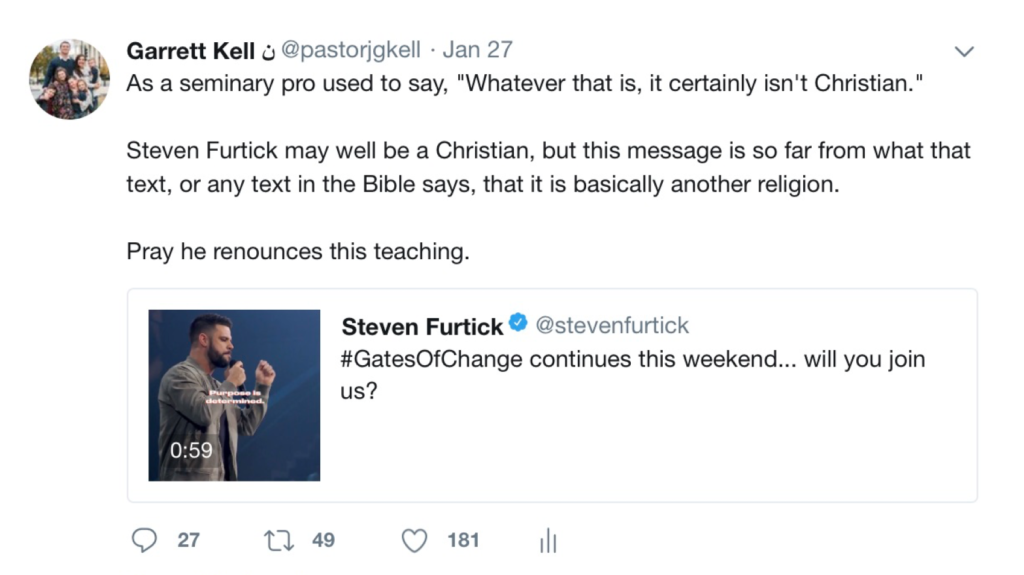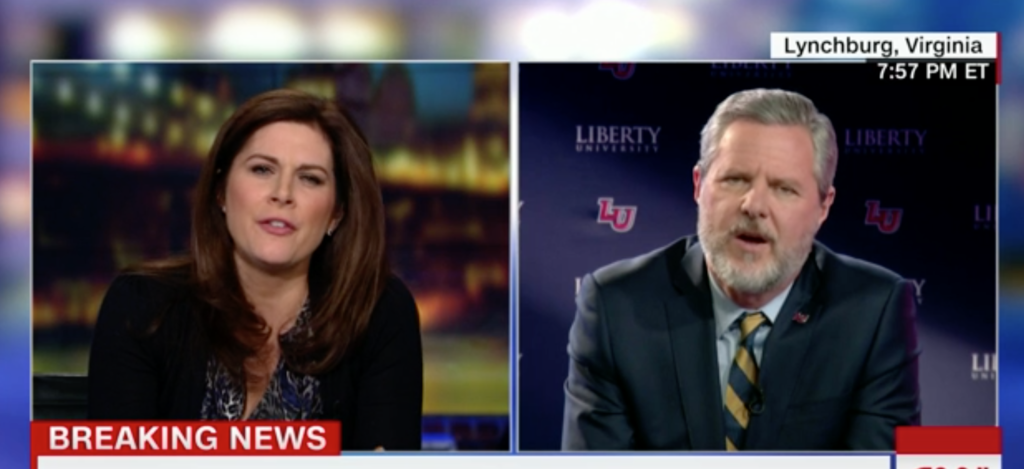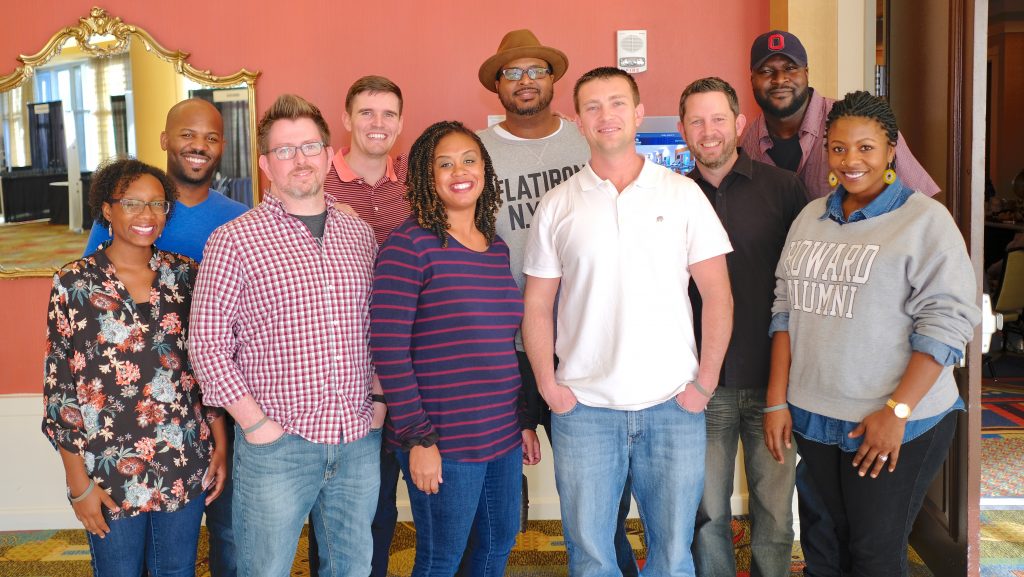In the summer of 1998 a friend and I spent an evening together. A few weeks later she told me she was pregnant, and it was mine. Neither of us expected it, and neither of us felt ready to raise a child together. We were not in love and thought it would be better to go our separate ways with a clean slate. So we choose to have an abortion.
We gathered $400 from a friend and went to a clinic that prescribed us a pill. We drove to someone’s empty home where we would spend the night. I got her a glass of water to take the pill. I held her hand while she cramped and cried. I was there as we ended the life of our unborn child.
Some choices leave scars. Our abortion was one of those choices. In the years since our decision, I’ve often reflected on what happened that summer. It has changed me. It has given me more compassion toward those who face the fear of an unplanned pregnancy.
God has brought healing and shown forgiveness that I do not deserve. You can read more about that here. My experience with the abortion is one reason I often speak about the issue—even when I’m asked to stop speaking about it.
It Is Her Body
In recent days I have had conversations with several women who have challenged me to remain silent about abortion. I’ve been told, “it is a woman’s body, she has the right to choose what to do with it” and “you’re a man, you have no right to tell a woman what to do with her body.”
I am sensitive to their request. A woman’s body is given to her as a gift from God. It should never be touched in ways she does not permit. A man does not have the right to force her to use her body against her will. Her body is hers and that must be respected.
No man can truly understand the joys of pregnancy or the fears of an unexpected pregnancy. Men have their own related hopes and sorrows, but there is a unique way a woman hopes for her womb to be filled with life. There is also a unique sorrow women know when that life ends through miscarriage or the choice of abortion. As an old proverb says, “each heart knows its own bitterness, and no one else can share its joy.”[1]
It’s Not Just Her Body
But the fact that it is a woman’s body does not capture the whole truth. When a woman becomes pregnant, her body is not just hers any longer. It now also belongs to her child. In the miracle of motherhood a living human being is conceived within her body and then attaches to the wall of her womb. It is within her, yet distinct from her. It is in her body, but it is not her body.
What is growing with in her is not merely a tumor or clump of cells that has the potential to be a baby. It is a baby. Some may push back on this, but it is scientifically dishonest to do so. The child in the womb has unique DNA, unique blood type, and every quality that makes us distinctly human. What is in her is a unique, living human being. The child has a detectable heartbeat between 5-6 weeks.
And we all know it is a living being. If we found on Mars what we find in the womb of a mother, we would certainly say we found life. And we all know it is a human. It can be scientifically proven that 100% of the time nothing other than a human will come out during birth. At the moment of conception, a living human begins to take up residency inside his or her mother.
God’s wonderful design is for a child to be united to his or her mother and receive protected housing as they grow and nourishment as they develop. This sacrificial love is part of what it means to be a mother. Any of us who are reading these words have known this divinely designed care, regardless of our birth circumstances. The mother’s body is her body, but it is not just her body. Her body has become the home to another, distinct human.
It’s Not Just Her Baby
This is where a father’s responsibility must be highlighted. While the woman’s body is her body, it is not just her baby. It is their baby.
Regardless of whether they planned to have a child together or not, it is their baby. Regardless of whether the father desires to be responsible for his choices or not, it is their baby. This is true of every pregnancy, including the one I chose to take part in ending. When we had our abortion, it wasn’t my body, but it was my baby.
Please hold back any desire to roll your eyes here. There are few things more precious than a father’s love. This is one of the reasons the world has fallen in love with Jack and Randall from the hit show This Is Us. There’s something in us that want fathers like Jack and Randall; or if we are fathers, we want to be like them.
This is also why the Internet celebrated the father who charged a disgraced doctor who sexually assaulted his three daughters. The importance of fathers resonates within us all. Those who had wonderful fathers celebrate them and those who did not know the ache that is left behind.
Abortion is not just about a mother’s choice. It is also about a father’s responsibility. By perpetuating the lie that men need to stay out of the discussion about abortion—because it is a woman’s body—is not only untrue, it is catastrophic for generations to come.
What we need is a generation of young men who honor ladies by helping them protect the precious gift of their sexuality as it was intended to be.
We need a generation of young men who will not treat women like objects, but honor them with decency and respect.
We need a generation of young men who will not walk away when they get a woman pregnant or pressure a woman to end their child’s life.
We need a generation of men who will love their unborn children and go the utmost lengths to encourage the mother to have their baby. They must be willing to help raise the child or place it for adoption.
We also need a generation of women who will encourage men to take responsibility and show the sacrificial love and empathy that ought mark men, not push them out of the conversation about abortion.
Though abortion uniquely affects women, it is not only about women. It is also about the child in her womb, and the child’s father.
Because in the end it is her body, but it is their baby.
[1] Proverbs 14:10












